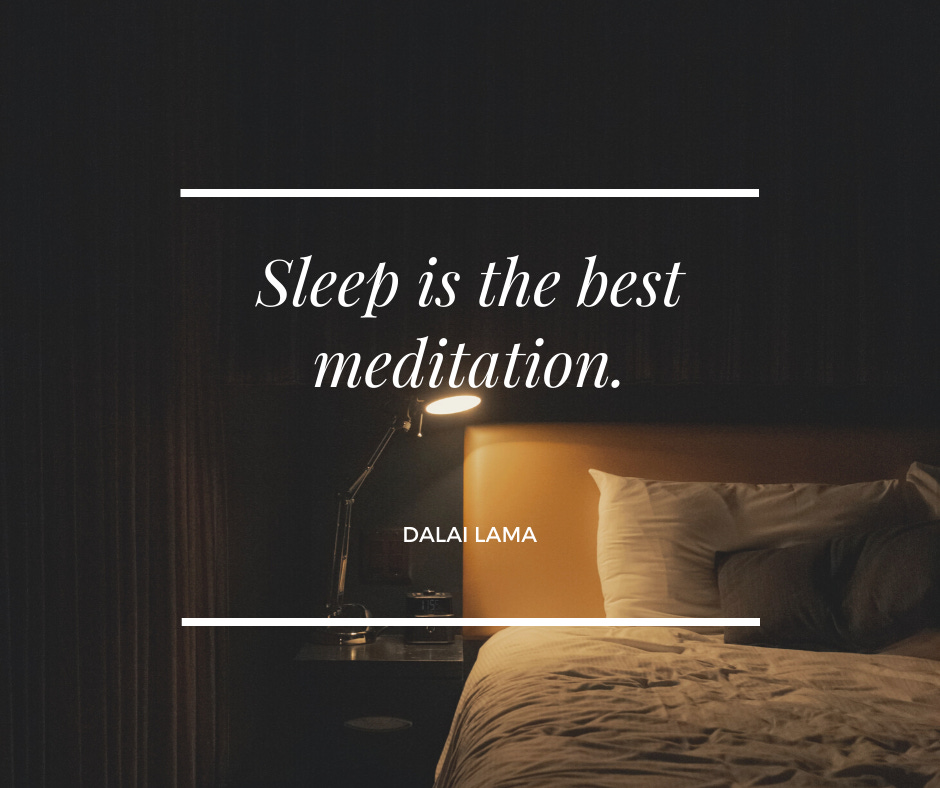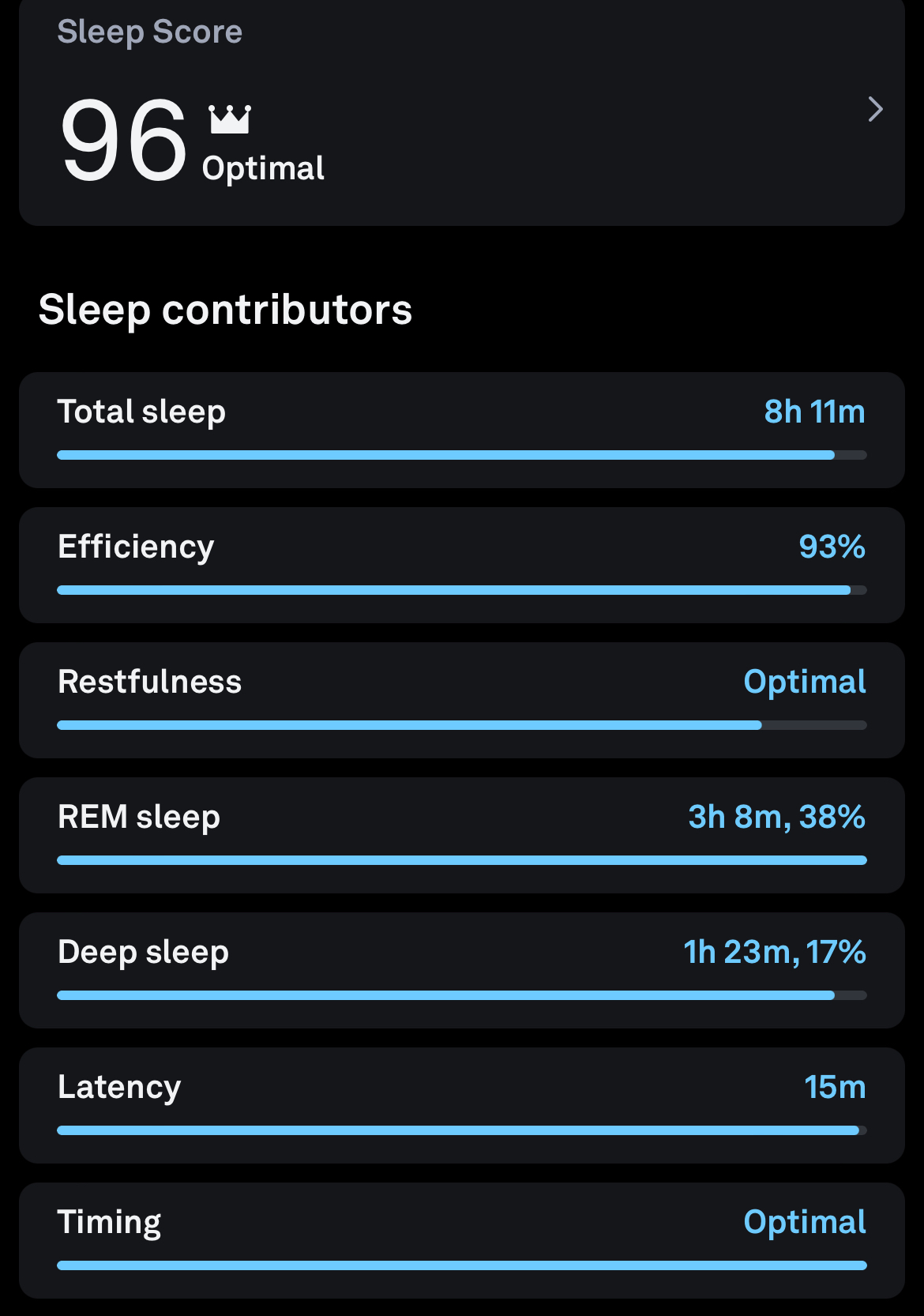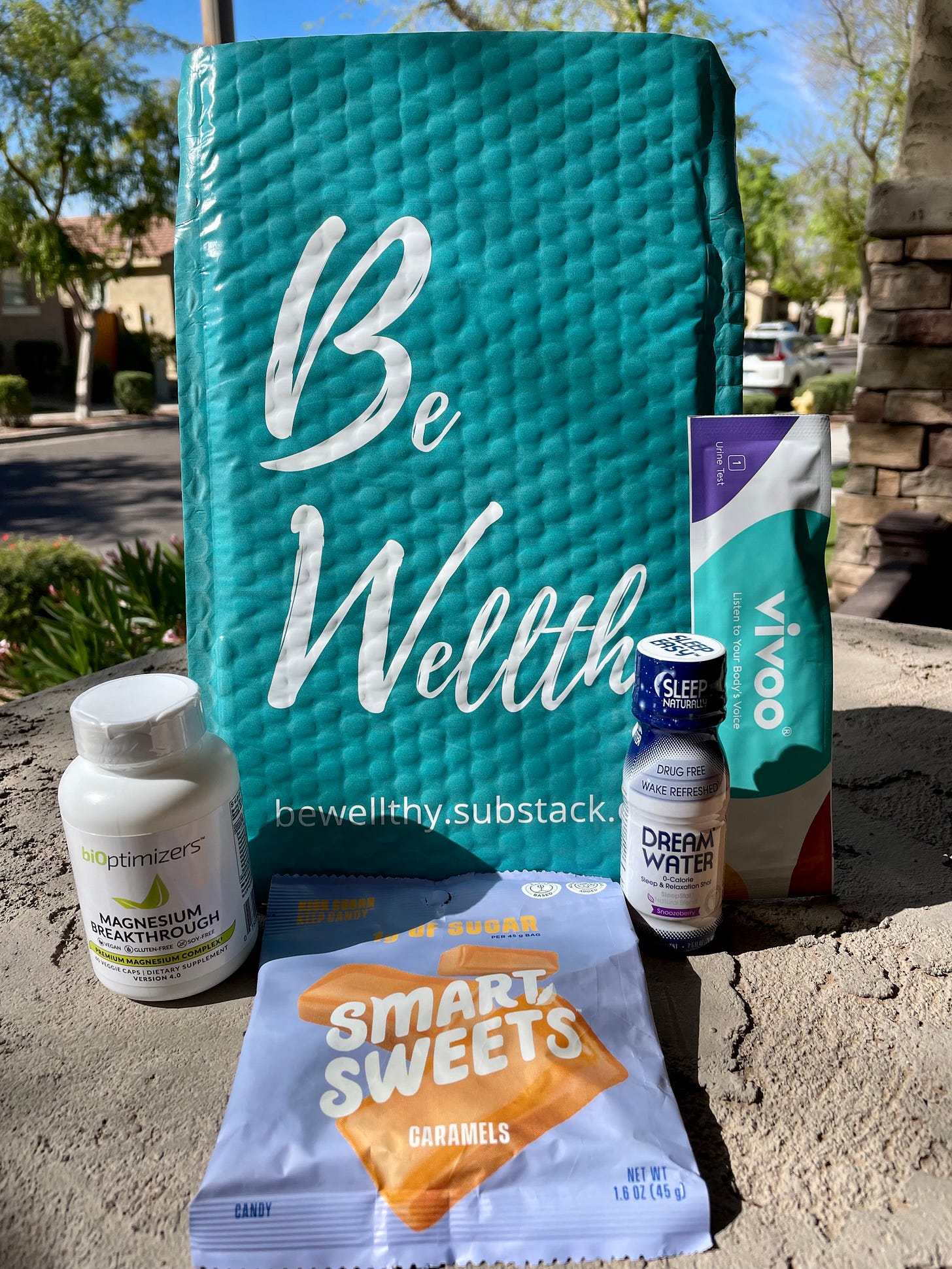I’m Brandon Wilson. I am constantly working toward improving my mind, body, and spirit using various ancient techniques and cutting-edge biohacking tools and devices. I want to be healthy, but not at the expense of being happy. This simple idea is what it means to be wellthy.
Is this your first time reading? Let’s get you in the club.
People who say, “I’ll sleep when I’m dead,” will reach their destination sooner rather than later. I’m not here to beat you over the head with boring statistics. This is not a knowledge problem for most people. You’ve had great nights of sleep when you woke up full of energy and ready to have a fantastic day. You’ve also had terrible nights of sleep when you can’t stop hitting that snooze button, and even coffee barely helps. You know what great rest feels like, so why aren’t you getting more of it?
It’s Sleep Awareness Week, and if you live in a country in the northern hemisphere that observes Daylight Saving Time (DST), you just had to spring forward an hour. The people who started setting clocks ahead one minute per day 60 days ago are already fully adjusted. How did you adjust?
Unless you have some medical condition interfering with your sleep, the quality of your sleep is mainly in your control. If I had to boil it down to a simple phrase: “You gotta go to bed!” If you want to get up earlier, go to bed earlier.
The day doesn’t start when you wake up in the morning. The day starts when you go to bed the night before. —Satchin Panda, PhD
What authority do I have to talk to you about sleep? I’m not a licensed sleep doctor or credentialed. Here’s one qualification—a recent Oura ring score.
I’ve heard criticisms from people who say it must be nice to have the money to spend on fancy gadgets and supplements. It is nice, and I’m grateful to have such an opportunity. You don’t need to buy anything, as you can do many free things to improve your sleep.
The BIG list of FREE tips to improve your sleep
Reframe your idea of sleep from an obstacle you “have to” do to a special treat you “get to” do.
Go outside and get at least 10 minutes of sunlight between 6-8:30 AM.
Go to bed and wake up at the same time seven days a week.
Wait at least two hours after waking before having caffeine. Cut off caffeine consumption by 2 PM, earlier if you are more sensitive to caffeine.
Note your afternoon dip in energy (however mild or severe), and assuming no significant changes in nighttime sleep or eating an especially large lunch, chances are good that your ideal bedtime is 6-7 hours after that dip.
Stop consuming calories 2-3 hours before bedtime. This will help prevent you from waking up in the middle of the night to pee.
Eliminate or limit alcohol consumption at least 3 hours before bedtime.
Avoid excessive napping. Too much napping during the day can make it more difficult to fall asleep at night.
Turn off all screens at least 90 minutes before bedtime. Yah, right. You’re not going to do that. At least adjust your screen settings to eliminate the blue light and get a more red hue.
Keep your phone out of your bedroom. Yah, right. You’re not going to do that. At least put it into airplane mode.
Take a warm bath 1 1/2 to 2 hours before bedtime. The bath will increase your core temperature, which will fall accordingly and level out a little cooler when you’re ready to hit the sack.
The worst time to take a hot bath or shower is 11 AM. A hot bath/shower mid-morning will make you sleepy when you should feel wide awake.
Wear socks to bed if your hands and feet are too cold.
The ideal bedtime for most people is between 9 and 11 PM. Staying up beyond 11 PM can trigger a second wind, making it even harder to fall asleep.
Don’t wait until you are sleepy to do nightly activities, e.g., wash your face, brush your teeth.
Dim your lights two hours before bed or turn off most of the lights in your house, especially any white LEDs and CFLs.
Perform box breathing in a comfortable chair or bed lying flat on your back. Close your eyes, close your mouth, and slowly breathe in through your nose for four seconds, hold for four seconds, exhale through your mouth for four seconds, and hold your lungs empty for four seconds. Repeat the cycle for four minutes.
If you wake up in the middle of the night and can’t get back to sleep, try this 10-minute Yoga Nidra meditation:
Set your alarm to go off after a round number of 90-minute sleep cycles. For example, if you go to sleep at 10 PM, set your alarm for 5:30 AM ( 7 1/2 hours of sleep is five complete cycles of 90 minutes.) In a pinch, try to get a minimum of four cycles (6 hours total) of sleep time.
Exercise in the morning is excellent for sleep, but avoid intense workouts within 2 hours of bedtime.
Take note of your body’s position in the morning. That is probably your most comfortable sleeping posture, so posing this way before bed can help you get to sleep more quickly.
Keep a gratitude journal and write down 3-5 things you’re grateful for at the end of each day.
Fill a shallow pan or dish with water and put it in your freezer. When the water is frozen solid, remove the pan, add water to the top of the ice, and stir it to chill the water. Hold your breath and put your face into the pan until you can’t stand the cold anymore. Do this trick before bed to drop your body temperature and help you fall asleep faster and sleep deeper.
Take the quiz at https://thepowerofwhenquiz.com to determine your chronotype, your biological clock that determines your natural preference for morning/evening and sleep style.
Low-cost hacks to improve your sleep
Take a magnesium supplement at bedtime. Read more about magnesium in a previous newsletter. I recently added magnesium threonate at bedtime.
Wear blue-light-blocking glasses at night like the ones from TrueDark.
Install Iris software or f.lux on your devices to minimize sleep-disrupting blue light.
Get a light bulb designed with a warmer color temperature for your bedroom.
Hang black-out curtains in your bedroom.
Try mouth taping.
Get an air purifier.
Use a grounding pillowcase. Read more about grounding in a previous newsletter.
Track your sleep with the app Sleep Cycle.
Getting serious about sleep
Track your sleep with the Oura ring.
Consider a chilisleep system if you’re a hot sleeper.
Use BrainTap or NeuroVizr for relaxation and winding down before sleep.
You don’t need to do everything everywhere, all at once. To be wellthy, you need good sleep, and it’s the foundation for everything else.
The Daily Habit is where I share my habits related to the fundamentals: sleep, diet, physical activity, mindfulness, and stress management.
Set a bedtime alarm. A morning alarm is a signal to get up, and a bedtime alarm is a signal that you’ve gotta go to bed.
Congratulations to the February raffle winners 🎉
Barbara S.
Ariel E.
Congratulations to last week’s winners: Barbara C., Ariel E., Renata B., and Tobias L. All you have to do is email bewellthy@substack.com the correct answer to each week’s brain training, and you will be entered into a monthly raffle to win cool biohacking prizes. You must be a subscriber to win! I do respond to every email.
This week:
Place an A, B, or C in each empty cell of this grid. No three consecutive cells in a horizontal, vertical, or diagonal line may contain a set of identical letters (such as B-B-B) or a set of three different letters (such as C-A-B).
Two years ago, I was banging the drum about sleep. In fact, at one point, I was going to write a book about sleep. The funny thing is after I solved my sleep issues and started getting great sleep, I wasn’t interested in writing a book anymore.
Do you know someone who would enjoy this newsletter? Please share it with them.











"You gotta go to bed!" The audio version has me laughing every week. Love the bonus content. Great tips and resources as always. I just ordered the Oura ring, and I'm looking forward to tracking my sleep and daily activity.